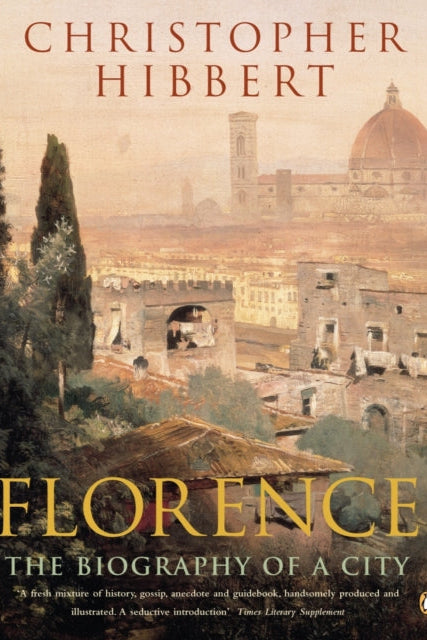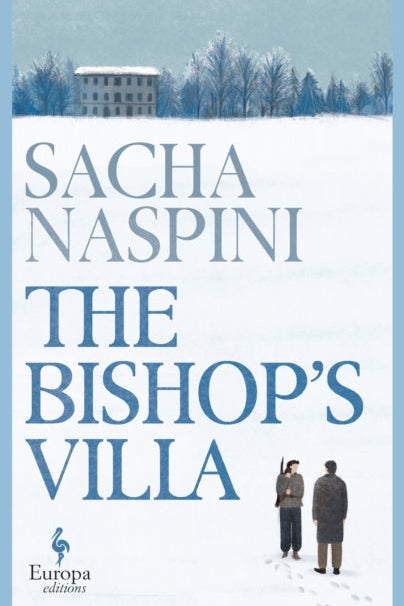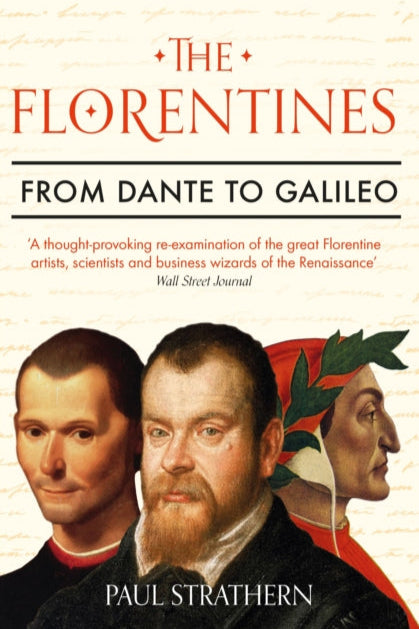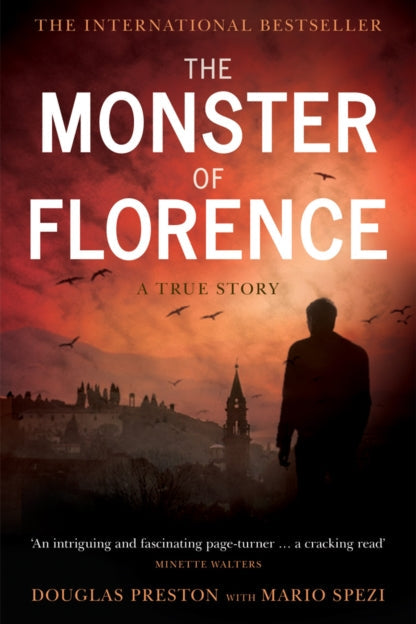Tuscany
Tuscany is often associated with rolling hills, Renaissance art and a slower pace of life. This collection goes beyond the postcard image to explore the region’s rich historical significance and literary inspiration. These books have a heavy focus on the city of Florence, the heart of the Renaissance, but also includes a novel, The Bishop’s Villa, set in a Tuscan village during the Second World War.

Florence - Christopher Hibbert
This book is as captivating as the city itself. Hibbert's gift is weaving political, social and art history into an elegantly readable and marvellously lively whole. The author's book on Florence will also be at once a history and a guide book and will be enhanced by splendid photographs and illustrations and line drawings which will describe all the buildings and treasures of the city.

The Bishop's Villa - Sacha Naspini
Tuscany, November 1943. The village of Le Case is miles from any big city and remains rooted in an earlier century. Seen from Le Case, even the war looks different - mostly a matter of waiting, praying, and mourning. As a fierce winter threatens, an ominous order is issued by the local Fascist authorities: all Jews must be rounded up and detained in the bishop’s villa to await deportation. René is the town’s cobbler. A loner, his only friend is the widow Anna, a woman with whom he has been secretly in love for years. René can no longer stand by and watch as his town, his country, and his one great love become victims of the Nazis and their Fascist enablers, and he decides to take action. Perhaps for the first time in his life.

A Room with a View - E. M. Forster
More than a love story, A Room with a View is a penetrating social comedy and a brilliant study of contrasts - in values, social class, and cultural perspectives - and the ingenuity of fate. Its heroine, Lucy Honeychurch, visits Italy with her prim cousin Charlotte as a chaperone, where she meets the unconventional, lower class Mr. Emerson and his son, George. Upon her return to England, Lucy becomes engaged to the supercilious Cecil Vyse, but finds herself increasingly torn between the expectations of the world in which she moves and the passionate yearnings of her heart.

The Florentines - Paul Strathern
Between the birth of Dante in 1265 and the death of Galileo in 1642 something happened which completely revolutionised Western civilisation. Painting, sculpture and architecture would all visibly change in a striking fashion. Likewise, the thought and self-conception of humanity would take on a completely different aspect. Sciences would be born - or emerge in an entirely new guise. In this sweeping 400-year history, Paul Strathern reveals how, and why, these new ideas which formed the Renaissance began, and flourished, in the city of Florence.

The Monster of Florence - Douglas Preston
After settling in Italy in 2000, Douglas Preston discovered that the olive grove in front of his family's new home had been the scene of one of the most infamous double-murders in Italian history, committed by a serial killer who had never been found and was known only as the Monster of Florence. Preston, intrigued, met Italian journalist Mario Spezi, who had followed the case since the first murders in 1974, to learn more. This is the true story of their search for - and identification of - the man they believe committed the crimes, and their chilling interview with him. It's also the story of how Preston and Spezi themselves became embroiled in the case.
